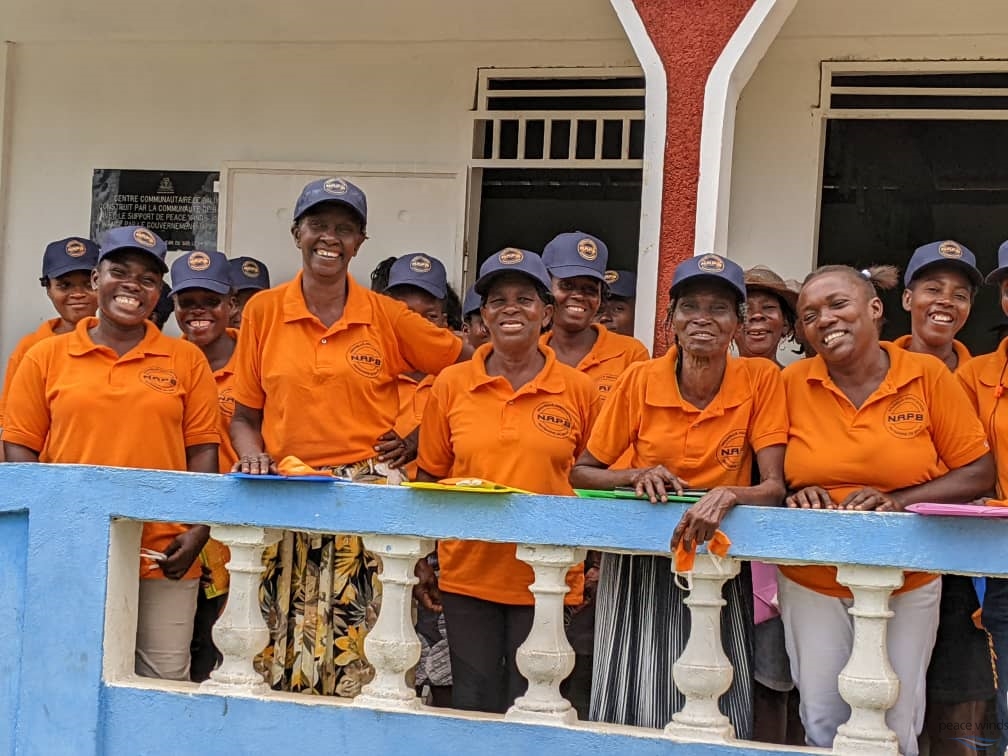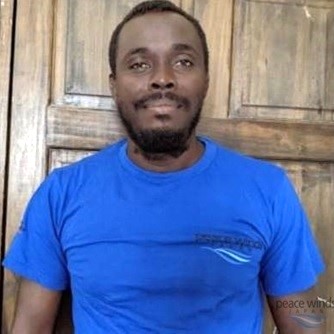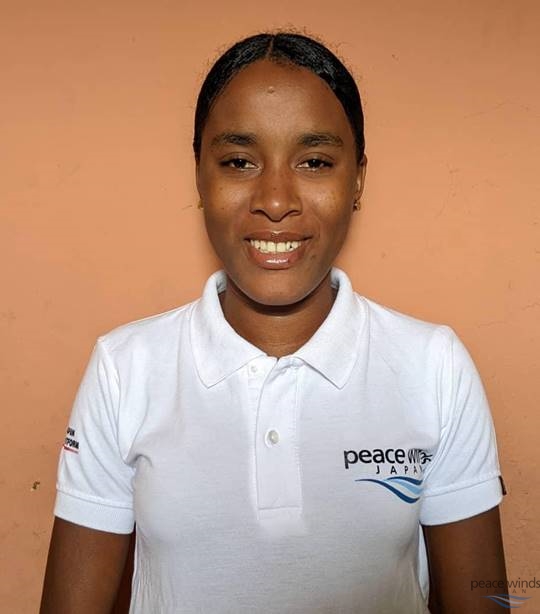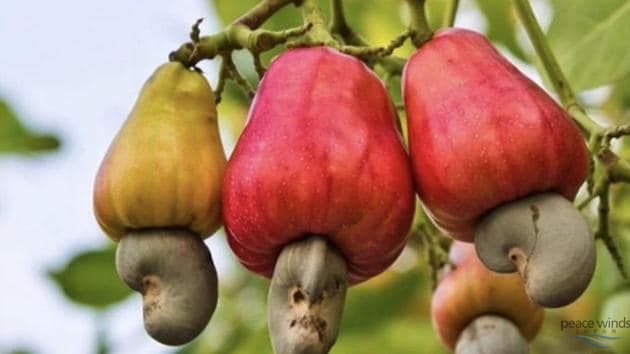Livelihood Activities for Women’s Groups Following Haiti’s Earthquake
Peace Winds is working to promote and improve processing technology of cashews and peanuts, which are an important source of income for Haitian women’s groups like the Nouvelle Association Paysanne de Balix (NAPB) in Balix, Saint Jean du Sud district in Haiti’s southern region. Peace Winds has partnered with groups like these to support women whose livelihoods were affected by the earthquake in August 2021. We are also helping community members to understand and carry out disaster prevention and preparedness activities.
From January through April 2022, Peace Winds upgraded a Balix community center, built by Peace Winds in 2018, that doubles as a processing site for cashew nuts and a training site for quality improvement. We installed windows, solar panels, and batteries to ensure that the center has enough power for cashew and peanut processing. Because the area is remote and does not have a supply of electricity, using solar power is the only option. To learn more about how the program is going, Peace Winds interviewed the representative of NABP, the local agricultural consultant in charge of training, and one of our staff members.
NAPB Representative Premiere Randy
Cashew and peanut production is an important source of income in the southern provinces where we live. Thanks to your support, we NABP members will be able to learn the skills needed to improve the processing and storage of cashews and peanuts and increase profitability. I would also like to work on improving food safety and quality control by introducing risk analysis and management systems. We believe that these activities will create employment in the local community and lead to the productivity improvement of farmers and the development of the region.
Agricultural Consultant Jean Rene Clerget
I am in charge of training to improve cashew productivity and promote sales. This area has high potential for agricultural development and is suitable for cultivation. However, growing crops requires expertise and spontaneity. Therefore, it is important for Peace Winds to support NAPB for processing and selling cashews and peanuts, and I expect that it will greatly increase incomes in the southern prefectures. Thanks to your support, we can contribute to regional development and poverty reduction.
Water Sanitation and Disaster Prevention Facilitator Jean-Baptiste Rose Francereine (Peace Winds staff member)
Water hygiene training deals with public health such as proper water storage methods and basic hygiene practices. In the wake of COVID-19, we are working to prevent the spread of infectious diseases. Haiti is socially, politically, and economically unstable and is also susceptible to extreme weather, so drinking water, water purification, and water services are inadequate. This means that many people are vulnerable to illnesses such as typhoid fever, cholera, and diarrhea. It is also estimated that one in six children under the age of five die of diarrhea. In rural areas such as the southern prefectures, most inhabitants are unable to attend school, and many are unable to read or write. Still, women’s groups are motivated to learn, and even if they are illiterate, they are working to improve communication and better learning through dialogue and group sessions.
Peace Winds will continue to carry out training for sales promotion and techniques needed for successful cashew and peanut sales as well as disaster prevention and water hygiene training. We hope to mitigate the effects of future natural disasters while rebuilding existing disaster-stricken areas. This project is made possible by funding from the Kuraray Foundation and by contributions from our individual donors. Thank you so much for your continued support!





